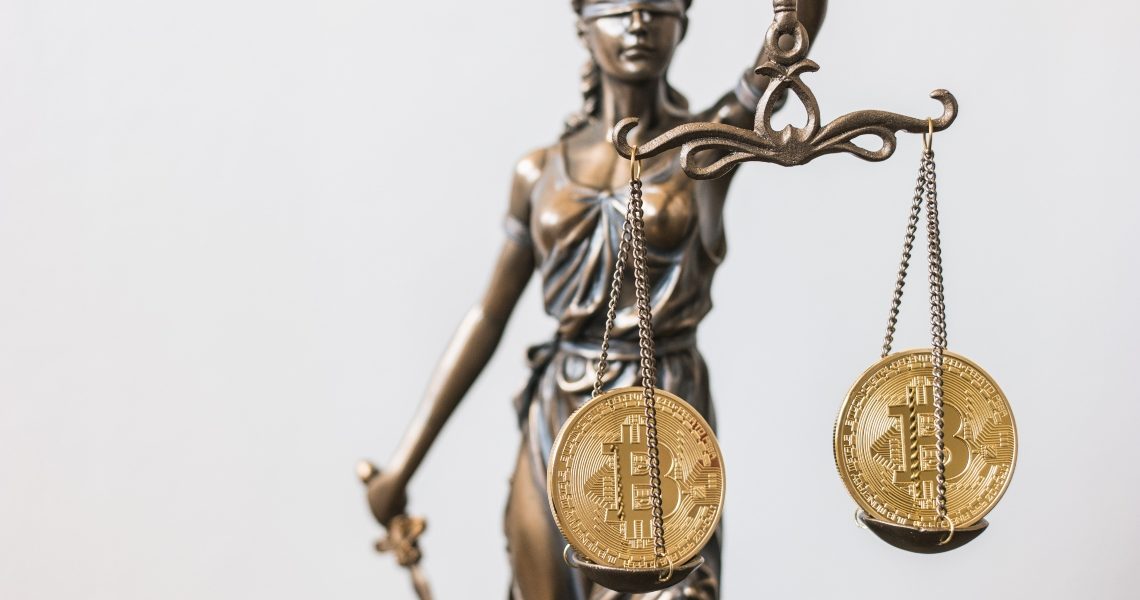Join Our Telegram channel to stay up to date on breaking news coverage
The world of cryptocurrency can be confusing and even a little scary. With so many new companies, technologies, and laws coming into play every day, it’s easy to get lost in the details. That’s why we’ve put together this list of countries where cryptocurrency is legal and illegal worldwide. By the end of this article, you’ll have all the information you need about which nations are on board with crypto—and which ones aren’t!
Crypto Regulations Around the World
The laws and regulations surrounding cryptocurrency vary greatly from country to country. For example, some nations have taken an accommodating stance on digital currency transactions, while others have imposed strict regulations or even banned cryptocurrencies altogether. This means that whether something is legal or illegal depends largely on where you are located.
In the United States, for example, cryptocurrency is legal as long as it’s used for transaction purposes and not for investment speculation. The Internal Revenue Service (IRS) has issued guidance stating that “virtual currencies held by taxpayers as a capital asset may be taxed as property”. Consequently, individuals must pay taxes on gains they make from trading digital currencies like Bitcoin. Other countries, such as China, have taken a more restrictive approach and prohibited banks from engaging in any crypto-related activities; while other nations such as Japan are still in the process of developing a legal framework to govern virtual currencies.
Accepted Everywhere
When it comes to cryptocurrencies, there is one thing you can say with certainty: they are functional everywhere. Cryptocurrency is a virtual form of payment available in every country in the world. Bitcoin is the most popular cryptocurrency and has been used as a method of payment by many businesses since it was introduced in 2009.
The key to understanding why this is true is understanding what cryptocurrencies really are and how they work. Cryptocurrencies are decentralized currencies that are not backed by any government or central bank (unlike traditional currencies). This means that even if your government bans cryptocurrency or makes its use illegal, you will still be able to trade them at other exchanges located outside your country’s jurisdiction (and vice versa).
Legal in some form or another
Cryptocurrency is legal in some form or another in 123 countries. These include the United States, which has a clear stance on cryptocurrency. On the other side of things are countries like Venezuela, whose citizens have been arrested for mining cryptocurrencies and Ecuador, where mining is considered money laundering and can result in up to eight years in prison.
Where are they illegal?
Not only are certain countries banning cryptocurrency, but they are also making it a criminal activity. This means that if you are caught with crypto in one of these countries, you could be arrested and even jailed.
The following list is a compilation of the 9 countries where cryptocurrency is illegal or criminal:
- Qatar
- China
- Iraq
- Bangladesh
- Egypt
- Nepal
- Algeria
- Morocco
- Tunisia
No clear stance or regulations in place
There are currently a number of countries without a clear stance on cryptocurrency, or where regulations have not yet been put into place. This generally means that there is an implicit ban (financial institutions are not allowed to take on crypto clients) regarding cryptocurrencies in these places. These include:
- Maldives
- Georgia
- Tanzania
- Saudi Arabia
- Togo
- Indonesia
- Guyana
- Jordan
- Namibia
- Nigeria
- Bahrain
- Kazakhstan
- Cameroon
- Pakistan
- Benin
- Moldova
- Libya
- Turkey
- Central African Republic
- Macao
- Niger
- Burundi
- Bolivia
- Tajikistan
- Democratic Republic of the Congo
- Côte d’Ivoire
- Lebanon
- Mali
- Lesotho
- United Arab Emirates
- Burkina Faso
- Chad
- Palau
- Kuwait
- Turkmenistan
- Gabon
- Ecuador
- Senegal
- Republic of the Congo
- Oman
Taxation & Compliance
Tax regulations related to cryptocurrencies also vary depending on which jurisdiction you’re in. In some countries, digital currencies are considered commodities for tax purposes and are thus subject to capital gains taxes; whereas in other places they may be treated differently depending on how they’re used and whether or not they’re classified as an investment instrument or a currency itself. Taxpayers must familiarize themselves with the applicable laws and regulations of their local jurisdiction to ensure compliance with taxation laws when trading digital currencies.
Governmental Interventions
Due to their decentralized nature and lack of regulation across international borders, government interventions have become both necessary and frequent within the crypto market. Some countries have imposed bans or restrictions on cryptocurrency usage within their borders; while others have implemented measures to protect investors against scams or fraudulent activities involving digital assets. This can range from requiring companies dealing with virtual currencies to register with the appropriate authorities, to setting up dedicated agencies that monitor crypto trading activity within certain jurisdictions.
Legal Enforcement Challenges
When it comes to enforcing laws surrounding cryptocurrencies due to their decentralized nature and lack of a central authority overseeing them across all jurisdictions internationally- there exist certain challenges which law enforcement agencies face when attempting to hold individuals accountable for illegal activities carried out using digital assets. This includes difficulties verifying ownership of virtual coins or tokens, tracking suspicious transactions made through anonymous wallets, determining jurisdictional boundaries of applicable laws among different countries involved in a particular transaction etc.
Conclusion
The legal status of cryptocurrency varies substantially from country to country and is still undefined or changing in many of them. While some countries have explicitly allowed their use and trade, others have banned or restricted it. Similarly, various government agencies, departments, and courts have classified Bitcoin differently.
While this article provides the legal status of bitcoin worldwide, laws can always change. As such it is important to ask your local government regulators for up-to-date information on their position regarding bitcoin before starting a project that will use Bitcoin as a payment method.
In conclusion, it is clear that cryptocurrency is legal in some form or another throughout most of the world. However, there are still some countries where it is not legal yet or there is no clear stance on how to regulate this new type of currency. The countries where cryptocurrency has been banned altogether include China while others like Venezuela are considering following suit.
Takeaway:
- If you plan on betting this FIFA season using crypto, stay clear of doing so while you are in Qatar. Unless you want to face criminal charges.
- The United States is one of the few countries where cryptocurrency is legal, but not everywhere: some states have outlawed it.
Read More:
Dash 2 Trade – High Potential Presale
- Active Presale Live Now – dash2trade.com
- Native Token of Crypto Signals Ecosystem
- KYC Verified & Audited
Join Our Telegram channel to stay up to date on breaking news coverage
Source: https://insidebitcoins.com/news/cryptocurrencies-is-it-legal



